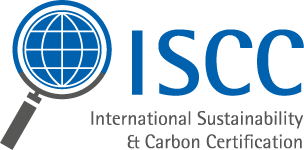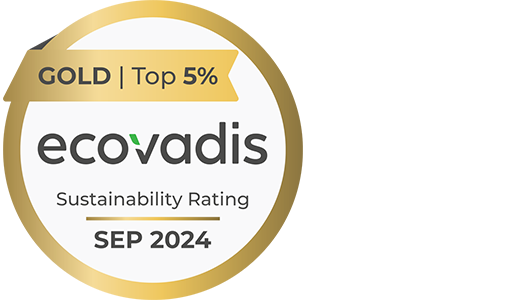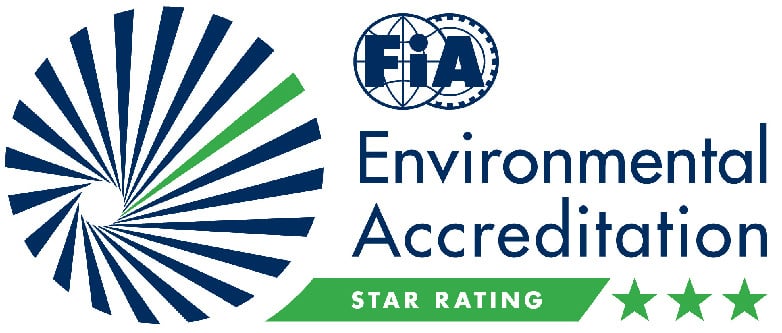
When looking for a new or additional supplier for hydrocarbon products, the chemical industry should not only focus on quality, reliability and flexibility. The prospective business partner must also manufacture and deliver in compliance with the legislation, because only in this way can reliable and timely products be expected. The following article provides an overview of the important obligations in the supply chain for hydrocarbon products.
Discover why legal compliance is so important in the chemical industry
The question of legal compliance between suppliers and manufacturers in the chemical industry is often not given enough attention – because products, specifications or supply promises are often the focus of initial discussions. However, these topics are closely linked to European regulations and guarantee, for example, safe products, uniform labelling or regulated transport modalities. When selecting suppliers, it is therefore worth taking a close look at areas such as "legal obligations" or "compliance" and communicating transparently.
At European level, the following are particularly important
- REACH Regulation
It requires manufacturers, importers and downstream users to register and safely use the chemicals they produce and place on the market.
- GHS Regulation
Regulation on classification, labelling and packaging of substances and mixtures, supplementing the REACH Regulation. The international rules on classification, labelling and packaging of dangerous chemicals therefore also apply in the EU. The GHS system will ensure that the same hazards are labelled in a consistent way worldwide. This facilitates trade and increases hazard protection.
- CLP Regulation
The CLP Regulation ensures that workers and consumers in the European Union are clearly informed about the risks posed by chemicals through the classification and labelling of chemicals.
- PIC Regulation
It regulates the export and import of certain dangerous chemicals through prior informed consent and imposes obligations on companies wishing to export these chemicals to non-EU countries. - Regulations on freight transport logistics
There are a number of regulations on topics such as weights and dimensions, safety, toll sticker regulations, etc.
However, other compliance risks such as corruption, embargoes or the violation of human rights must also be reviewed.
Human rights in the supply chain
With the Guiding Principles on Business and Human Rights of the United Nations (UN) of 2011, the human rights due diligence of companies has moved into focus. The European Corporate Social Responsibility (CSR) Directive (2014/95/EU) has also included this in its principles.
This becomes particularly relevant for companies if they have sites in other countries or purchase raw materials or intermediate products from there. Society, customers, the capital market and politicians therefore demand that companies exercise their duty of care and make their contribution to the social shaping of globalisation. Respect for human rights has long been an important issue for globally active companies in the chemical industry.
The UN has called on governments to draw up national action plans. In Germany this is the National Action Plan for Business and Human Rights (NAP). In the action plan, which was adopted in December 2016, the German government formulates its clear expectation that companies comply with human rights due diligence and respect human rights along their supply and value chains.
In Great Britain it is the Modern Slavery Act 2015 which aims to combat modern slavery. Companies doing business in the UK with a global turnover of at least £36 million are required to publish a transparency statement describing the steps they have taken in the last financial year to ensure that their businesses and supply chains are free from modern slavery and human trafficking.
In France, there is already more extensive legislation on this. For example, French companies can also be held liable for irresponsible business practices abroad. The law also covers not only the human rights risks arising from the activities of one's own company, but also the activities of subsidiaries and independent suppliers with whom the company has close business relations.
Code of Conduct: voluntary commitment to comply with environmental and social standards
Many companies have set up their own Supplier Code of Conduct. It requires business partners to comply with applicable laws and to recognise, support and comply with international environmental, social and corporate governance standards. The defined requirements and principles of the company's own code of conduct are often an essential component and prerequisite for cooperation with suppliers.
These blog articles could also be of interest to you:
How to reduce your supply risk with the right chemical supplier?
Time Slot Management: What are the benefits for chemical logistics?
Conclusion
Talk to your prospect supplier of hydrocarbon products about the implementation of EU regulations and voluntary commitments along the supply chain. Mutual transparency allows you to reconcile ideas about what you want to achieve together in the future and builds trust. Reliable suppliers will be happy to provide information about their guidelines such as code of conduct, declaration on human trafficking and other corporate principles.




















